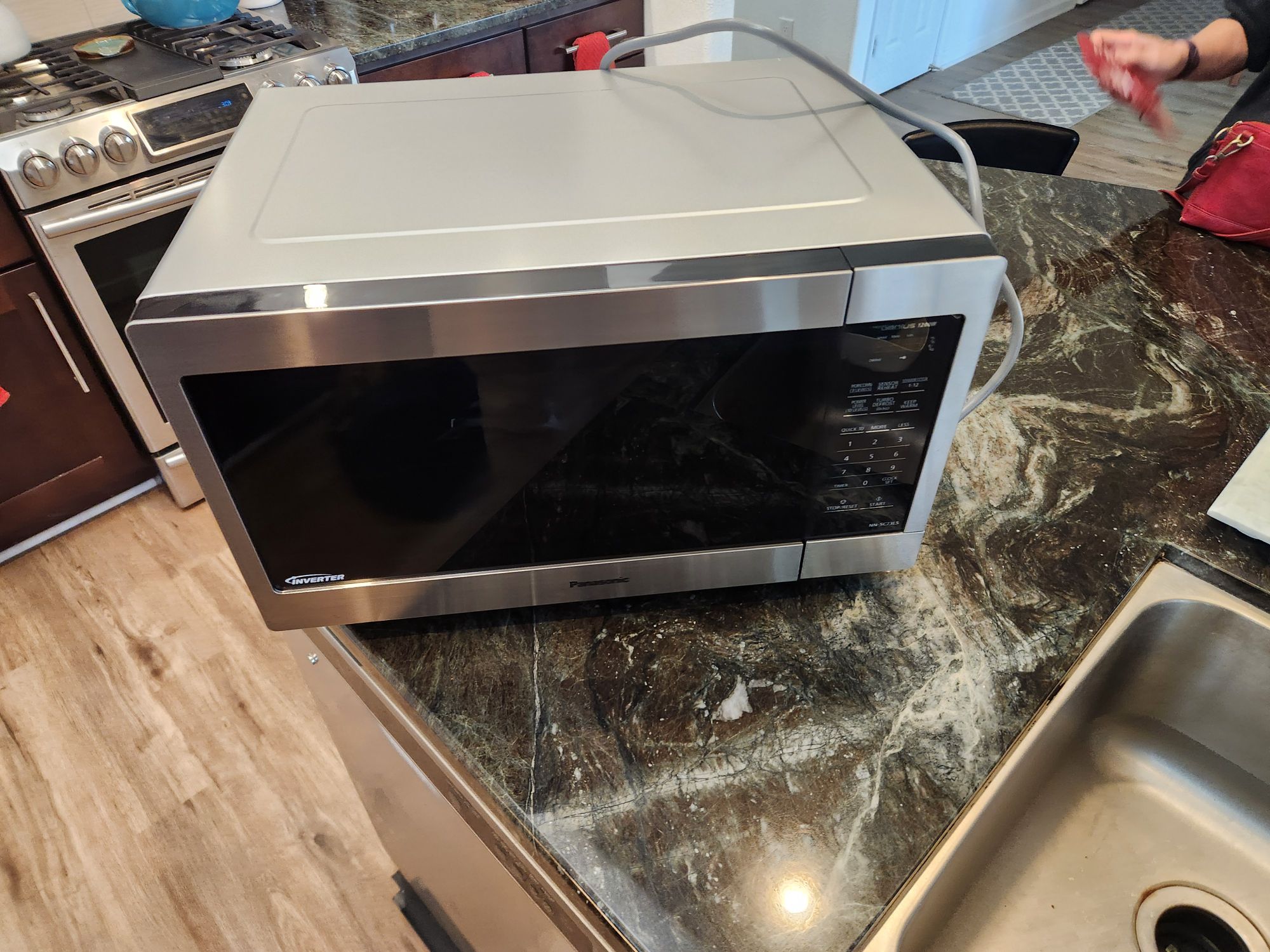
A microwave oven is an essential kitchen appliance that makes meal preparation quick and convenient. However, if your microwave starts humming but fails to heat food, it can be frustrating. This issue is more common than you might think and can be caused by several underlying problems. Understanding these potential causes can help you determine whether a simple fix is possible or if professional repair services are necessary.